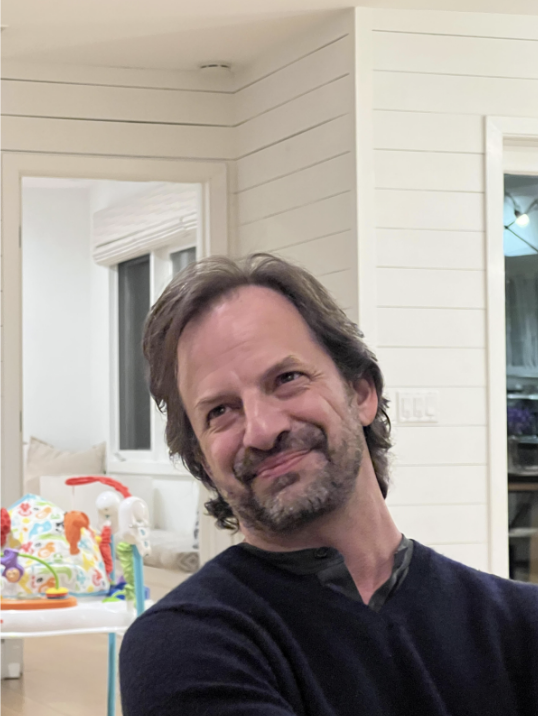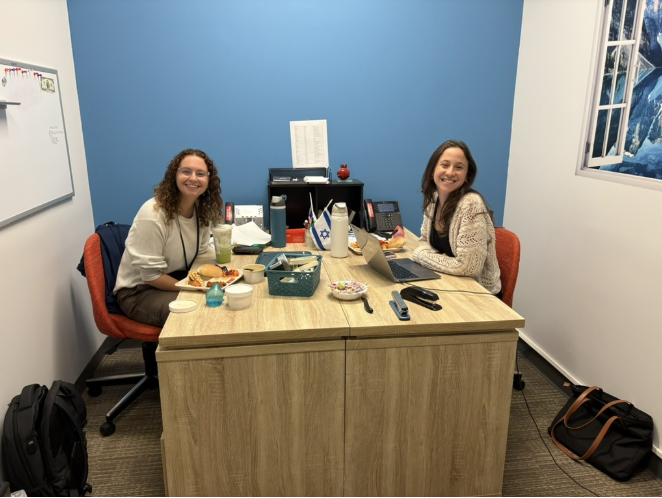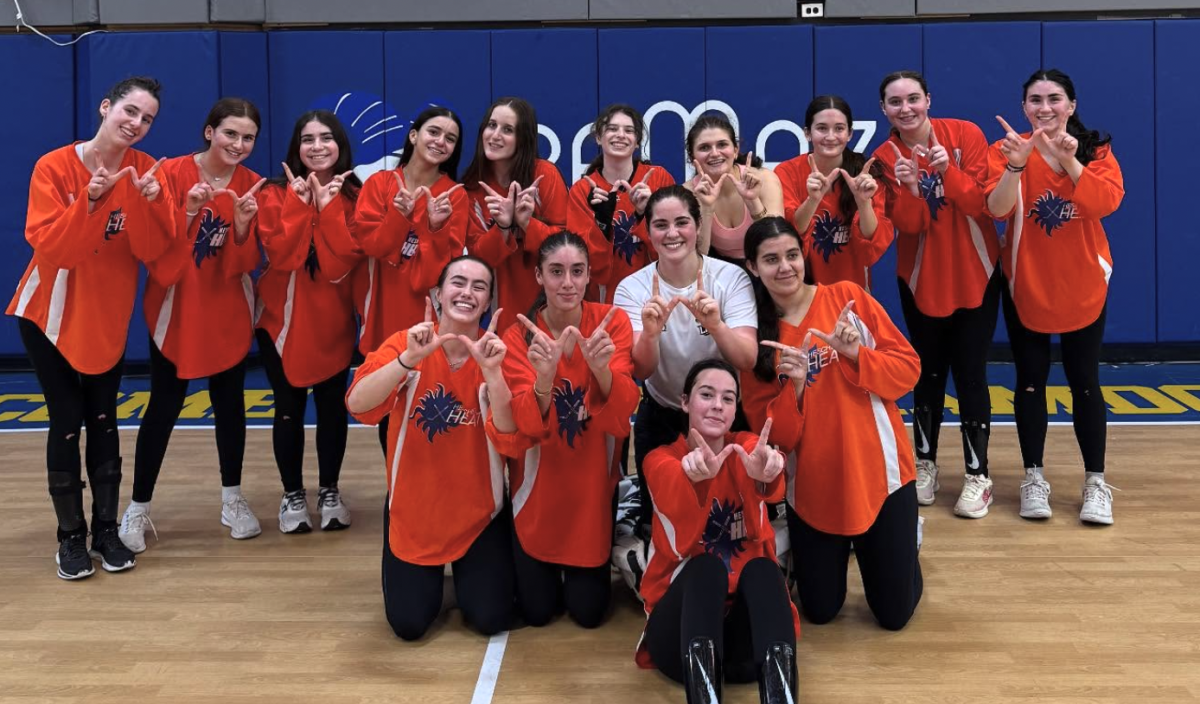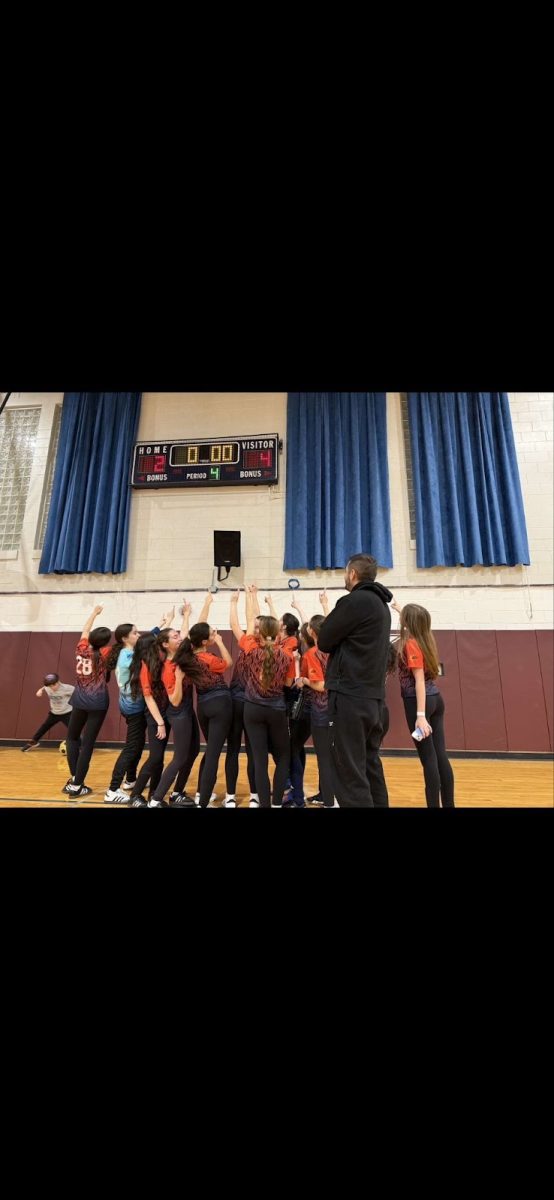Part of the high school schedule that enhances learning at Heschel is the programming slot. The school has been lucky enough to fill this time with diverse activities that complement the standard academic curriculum. In past years, this time was filled with speakers, grade meetings, school-wide spirit events, and peer bonding. Since the events of Oct. 7, the school has decided to exclusively devote this block to programs about Israel. Although providing information and insight on the war is necessary, Heschel brought in too many speakers to talk about the same matter, thus making the matter less significant to the student body.
Aside from the programming block, the school has incorporated many other activities devoted to Israel during advisory, class periods, or after school. For example, the history department held an information session on the history of Israel and Gaza, students had the opportunity to discuss their feelings regarding the war in advisory groups, and the school attended city-wide protests and rallies. The programming slot, however, was strictly reserved for speakers.
We heard from a number of different people, each speaking to a different aspect of the war. We heard from Shira Perez, a teenager whose brother was taken captive. She spoke from a personal perspective and shared devastating stories from her own life. We heard from Heschel parent and IDF Maj. General Nadav Padan. He talked about the diplomatic aspects of the war and important decisions made by the IDF. We heard from another Heschel parent, Yana Lukeman, who talked about supporting the U.S.-Israel relationship through Congress. She urged students to take action themselves and send letters to officials.
Each speaker provided different insights; however, the number of speakers has been overwhelming. With the topic of the war already consuming many aspects of our lives, extensive programming is unhelpful. Many students dread speakers and search for ways to skip the program or zone out and fall asleep while the speaker presents. Bombarding students with speakers is an ineffective way to bring attention to the topic. Instead, the administration should consider limiting the number of speakers and discussing the conflict in different, more engaging ways. This could be conversations in smaller groups, informative articles sent out via email, or sending communal support to Israel through videos, pictures, or donations.





